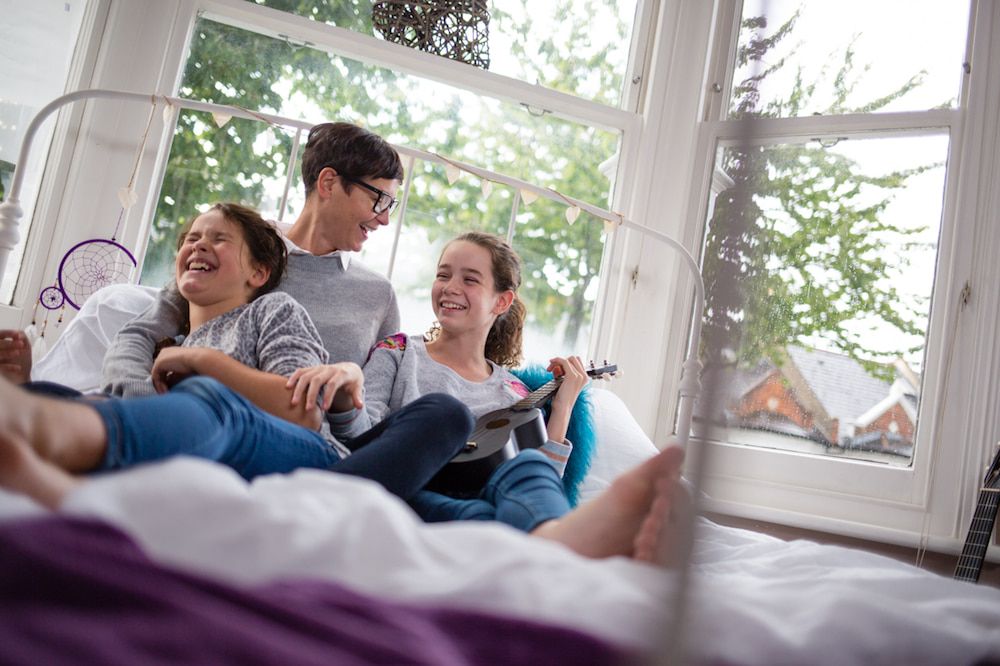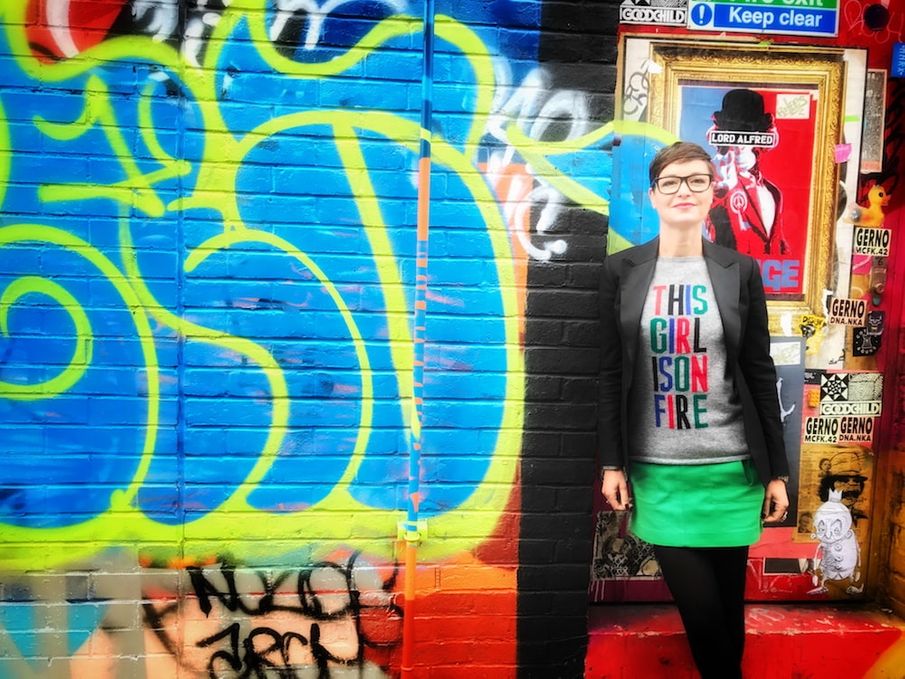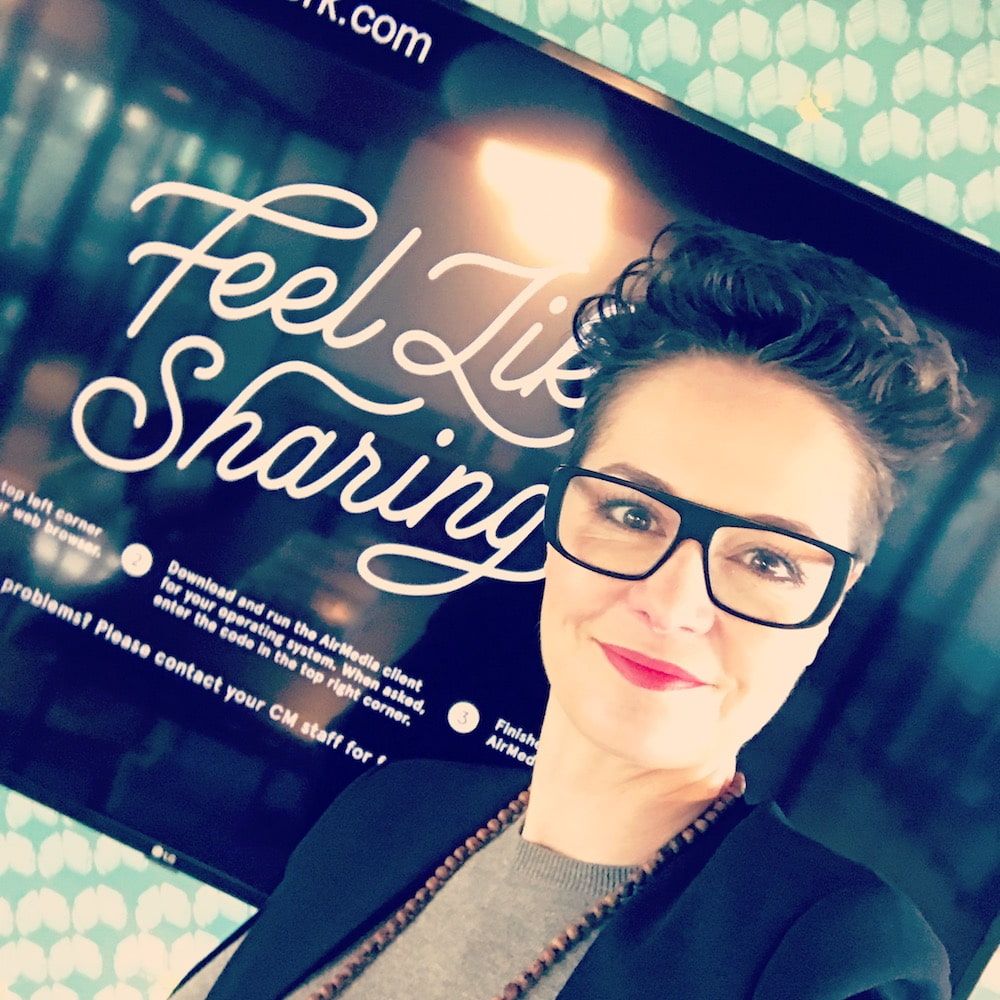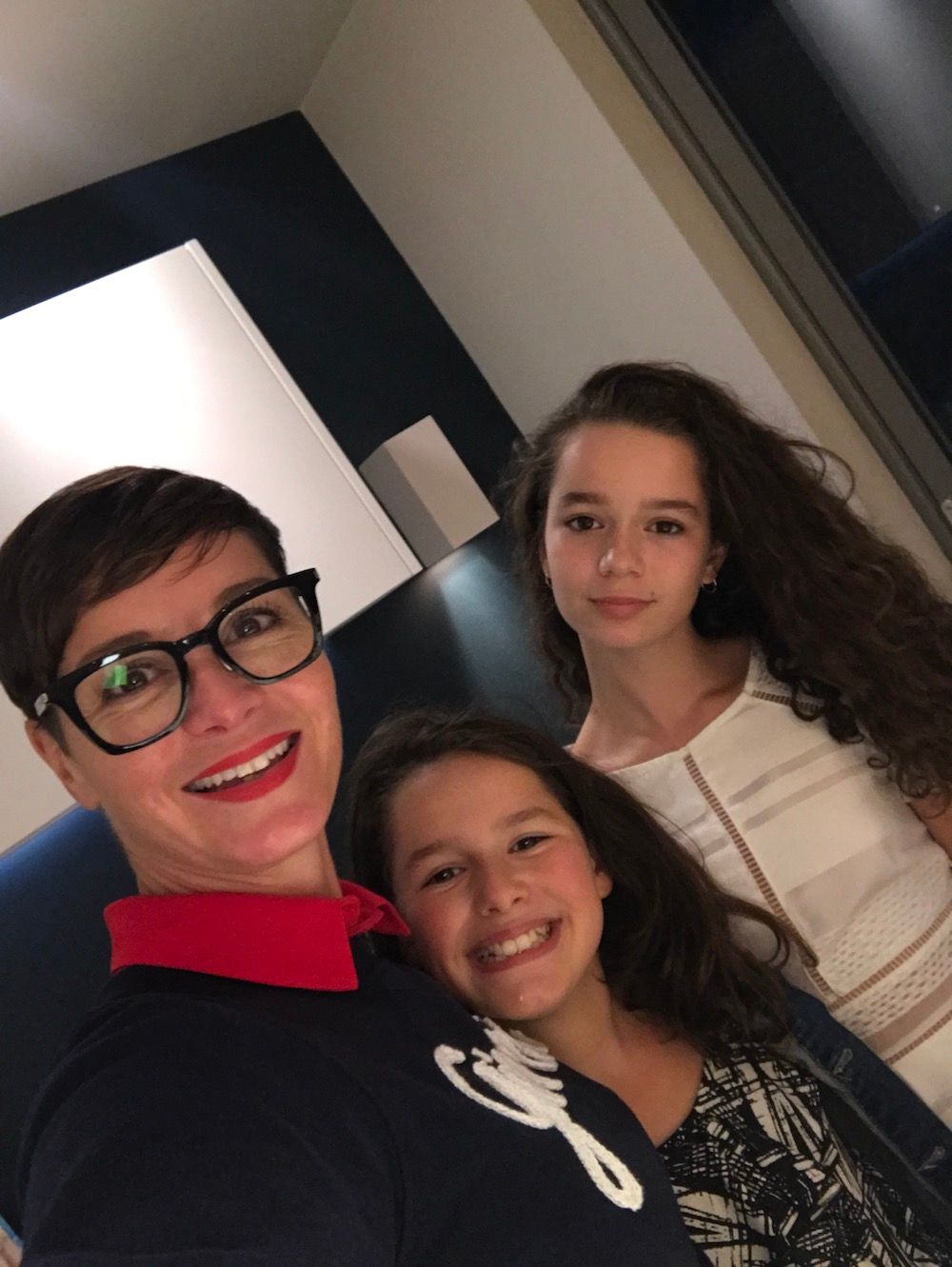When her husband left, Stephanie Peltier quickly fell into the depths of depression. But just two years on, her Happiness Society is coaching and counselling individuals and companies. So how did she turn things around so dramatically?
At first I was fine, I had no obvious choice but to stick to the image of myself that I had carefully crafted over the years: that warrior business girl, now full-time mother, always smiling and keeping herself busy, 100% dedicated to her children, charity work, friends, healthy lifestyle… the perfect west London “desperate housewife”.
Taking things from a totally rational point of view, I was 41, I was a warrior, my kids were healthy, I had a roof over my head, I didn’t really need him, I’d make things work out.
No need to say that I was in total denial about my husband leaving. The anger and lack of sleep started kicking in pretty quickly though, still in denial but seeming fine.
Stephanie Peltier
And then the unexpected happened. I collapsed, and found myself in full depression mode – very dark thoughts in my head. I was petrified about the future, and completely paralysed by fear, especially financial insecurities and somehow having to go back to work after a nine-year break – and with no will, nor ability, to get out of it.
I was spending most of my days in bed, only getting up to take my kids to and from school, putting on that fake smile of mine, pretending to everyone crossing my path: “Yeah! It sucks! But that’s fine, all will be fine!” Not believing a word of what I was saying, and at the same time resenting everyone for believing my blatant lies.
And I hated myself for that. I hated the person I had become, it wasn’t me, and the more I hated her, the more I found myself stuck in this horrible pattern.
I started medication, and tried all the forms of counselling I could find, to help me get out of this depression.
Thankfully, these work for a lot of people; but unfortunately they didn’t work for me. It was like I was hanging on to this depression because it was now the only thing that was defining me as a person, the victim. It kind of defined my identity and allowed me to exist.
Then one day, I dragged myself out of bed and attended a talk that changed my life. It was about the science of happiness, by Soho House private members’ club.
It was so amazing to hear someone talk about happiness, while the only word ruling my life was depression.
So I decided to flip the coin and change my perspective, by not trying to cure myself from depression, but by looking into how to find happiness. It was a totally different approach, but I needed something pretty drastic to happen!
I am a no-BS sort of girl, extremely rational, so I started by reading lots of science-based books about happiness (from a neuroscience or molecular biology point of view). OK, the general consensus is that happiness is an inside job, it is something you find inside yourself, and it really seemed that there was a way to train our brain to become happier.
Stephanie and her daughters
So I took it further, and joined the Science of Happiness course at Berkeley, University of California. Within weeks of studying, and starting to apply what I was learning into my daily life, trying the simple, science-backed exercises they were showcasing, I started experiencing some amazing benefits.
My capacity to identify and enjoy simple, beautiful things in life started growing a little bit more each day. I learnt to embrace my emotions rather than fight against them, I learnt to love myself again – and in the process found out that I was someone very different from both the warrior business girl or the depressed wreck. I was someone else, in the middle – kind, compassionate, full of hope, who deserved to create a happy life for herself.
Within weeks, my entire mindset and take on life shifted. I managed to reconnect with my lost enthusiasm for life, and even better, every day I was finding more and more opportunities to smile, connect, share, and be happy.
Fear was soon replaced with hope, and life became a vast field of possibilities. I found a new sense of peace, being able to accept the things I had no power over, and at the same time being courageous enough to change what could be changed.
I became the dreamer of my dreams, the architect of my own life.
I learnt that happiness has nothing to do with the external circumstances of our life – the positive events and emotions that life offers, the material comfort, or other people’s behaviours towards oneself.
Happiness is a frame of mind, it is about the lens through which we see our life unfold. It is about our interpretation of what is happening to and around us, our ability to enjoy the ride on the rollercoaster of life, our ability to enjoy all the positive experiences and emotions that life throws on the journey, the beauty that surrounds us, and most importantly, the ability to bounce back from setbacks.
Because there are always setbacks in life. Things hardly ever go according to plan, and sometimes there is nothing we can do about it. It is about accepting what we have no control over, it is about living in the present moment, it is about being kind to oneself, learning to accept and love yourself – flaws and all.
I learnt a lot about the unconscious functions and patterns of our brain, which are not adapted anymore to the challenges of our times, and that with a bit of brain fitness, we can rewire our brain for happiness. And as much as exercising is critical for our health and wellbeing, so is your brain’s fitness.
I’ve constructed a new life balance around my dream-team – my two beautiful daughters and myself – and there may even be space there for someone else to enter, who knows? Life is full of possibilities.

After studying the topics of happiness and mindfulness, wellbeing at work, employee performance and engagement through happiness, here I am now, running the Happiness Society, sharing tools with individuals – helping them reconnect with their enthusiasm for life, hard-wiring their brain for happiness, and helping companies unlock the potential of their staff by creating a fun, creative, badass work environment.
Looking back on this incredible two years of my life, I can confidently say that, while I was ashamed of myself during the depression period, I am now considering it as a real blessing. I learnt how to rewire my brain for happiness.
All of you out there, whether you are crossing a dark phase in your life, or whether you are “fine” but feel something is missing, that there is more to life, never forget you have the power to embark on a happiness journey.
Fe Robinson | MUCKP (reg) MBACP (reg), psychotherapist and clinical supervisor, says:
Stephanie’s story helps us see past the hype about happiness, and highlights that there is good science showing that some positive psychology interventions have significant effects on wellbeing and mental health. Her decision to try something different was pivotal too. Depression can rob you of energy and motivation, but ultimately it is activity and taking an alternative approach that may unlock your mood.
If you are struggling with your mental health and need to talk, professional support may help. Use the bar below to enter your location and find a counsellor in your area:




Comments